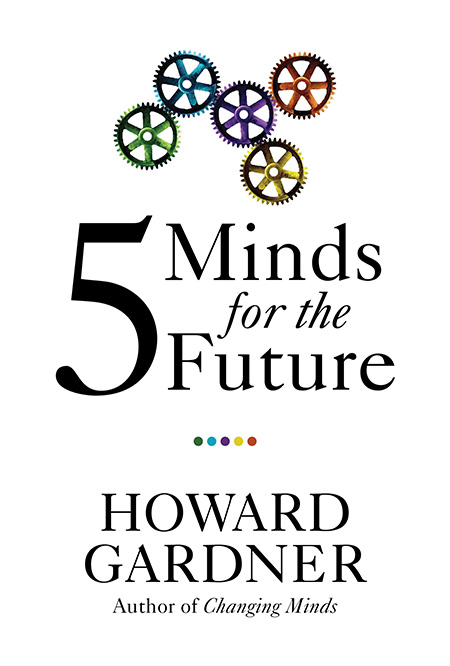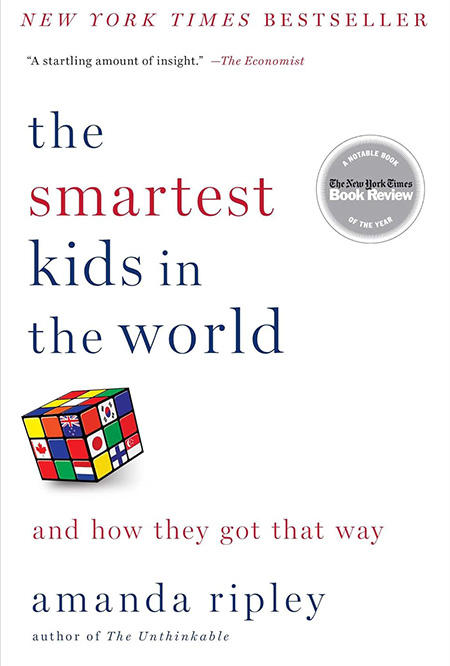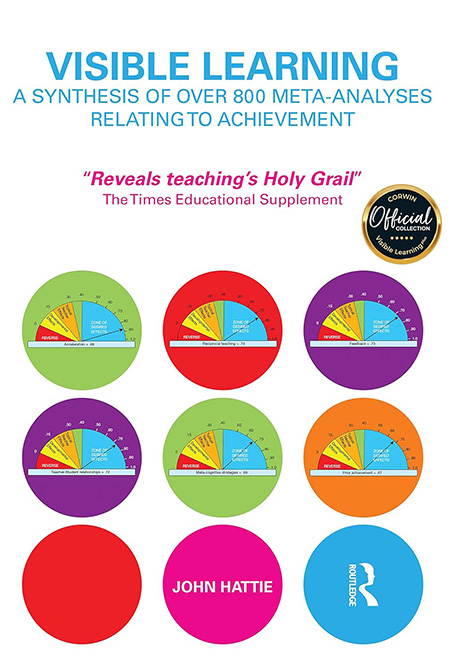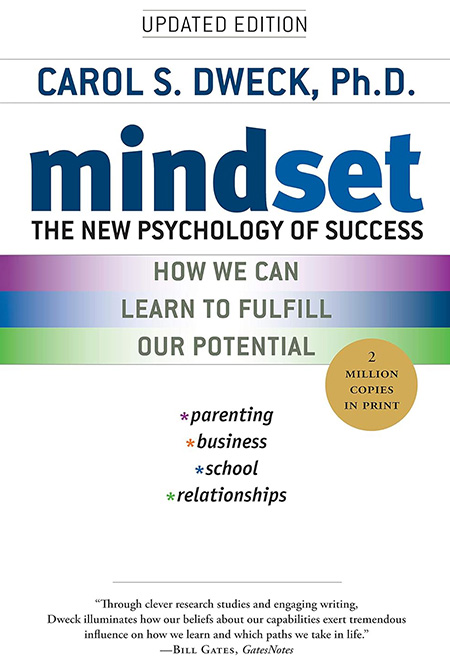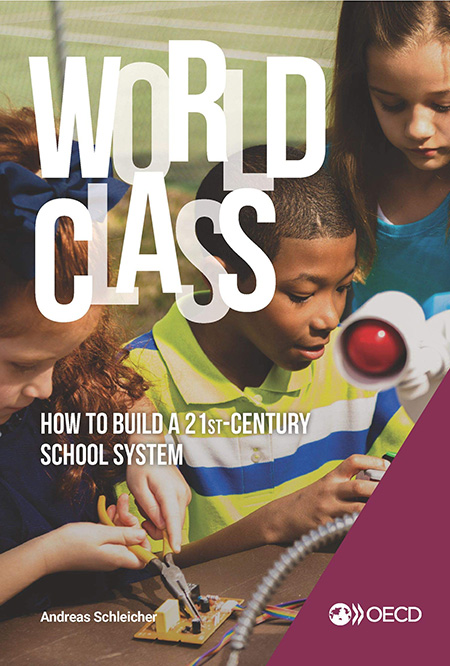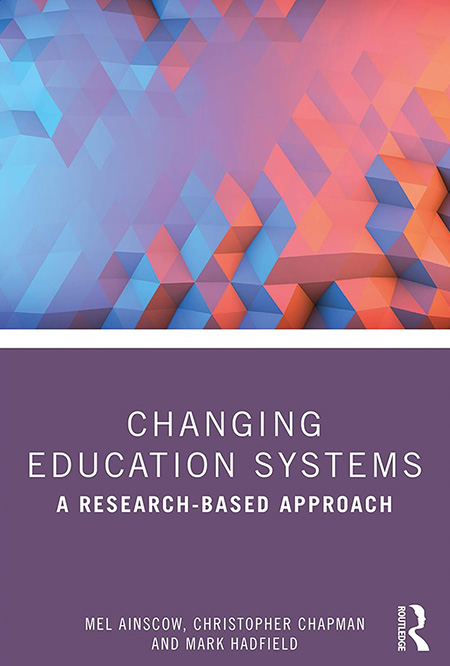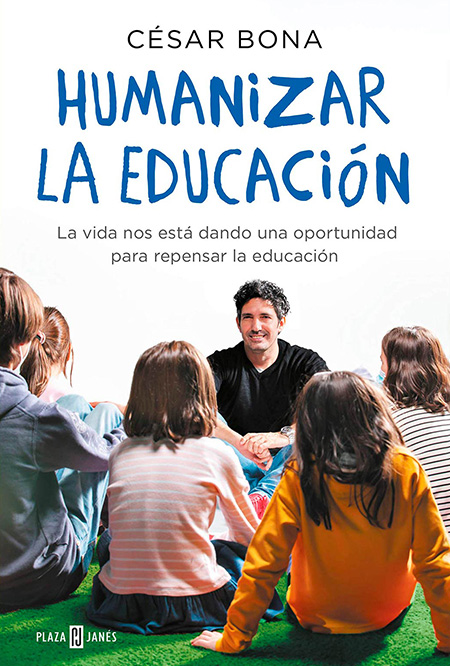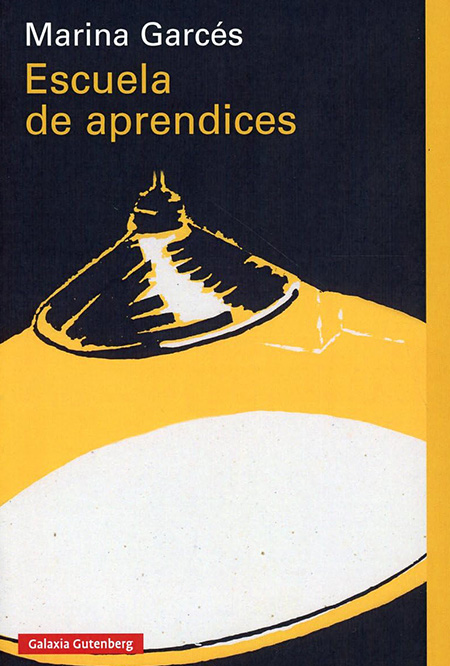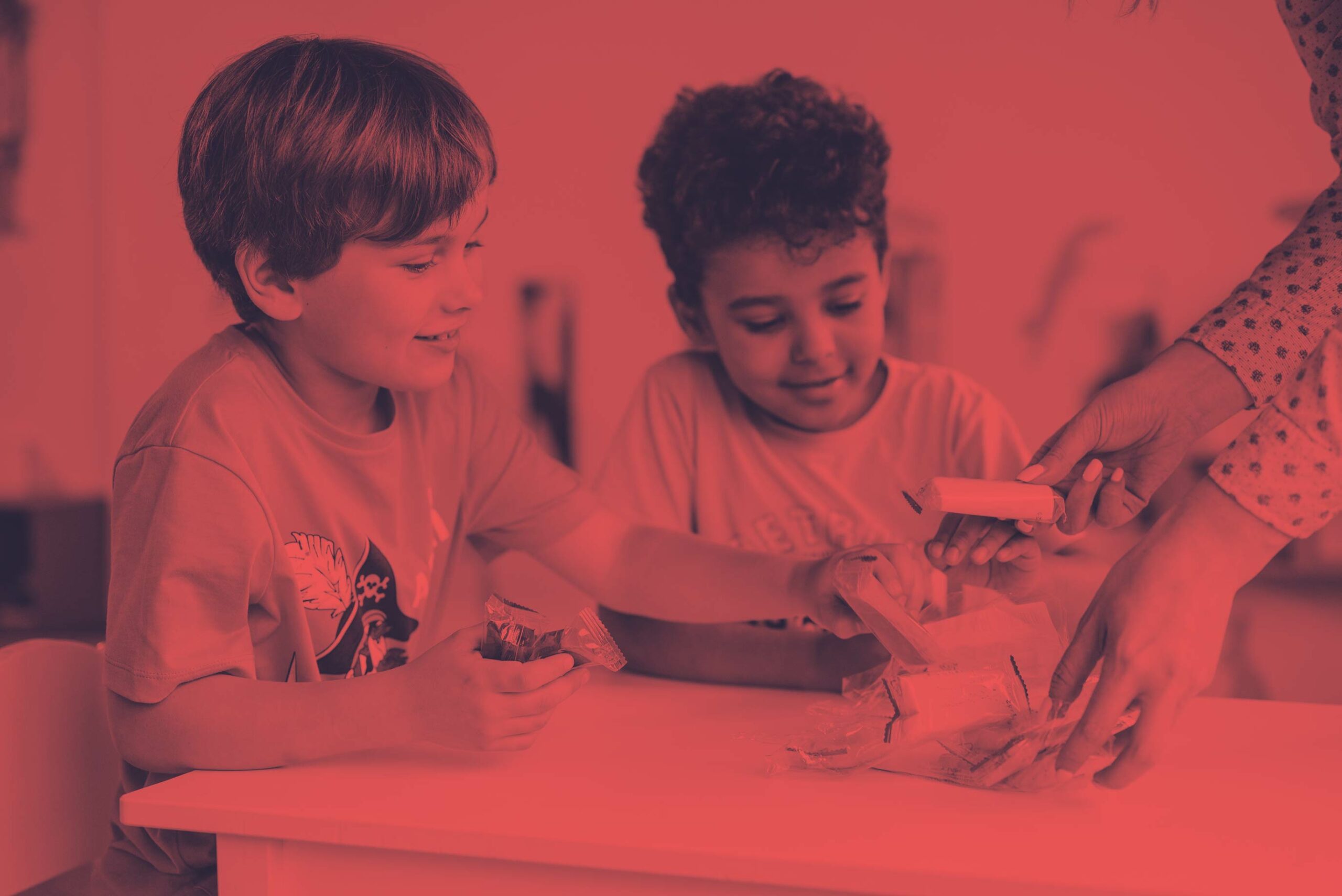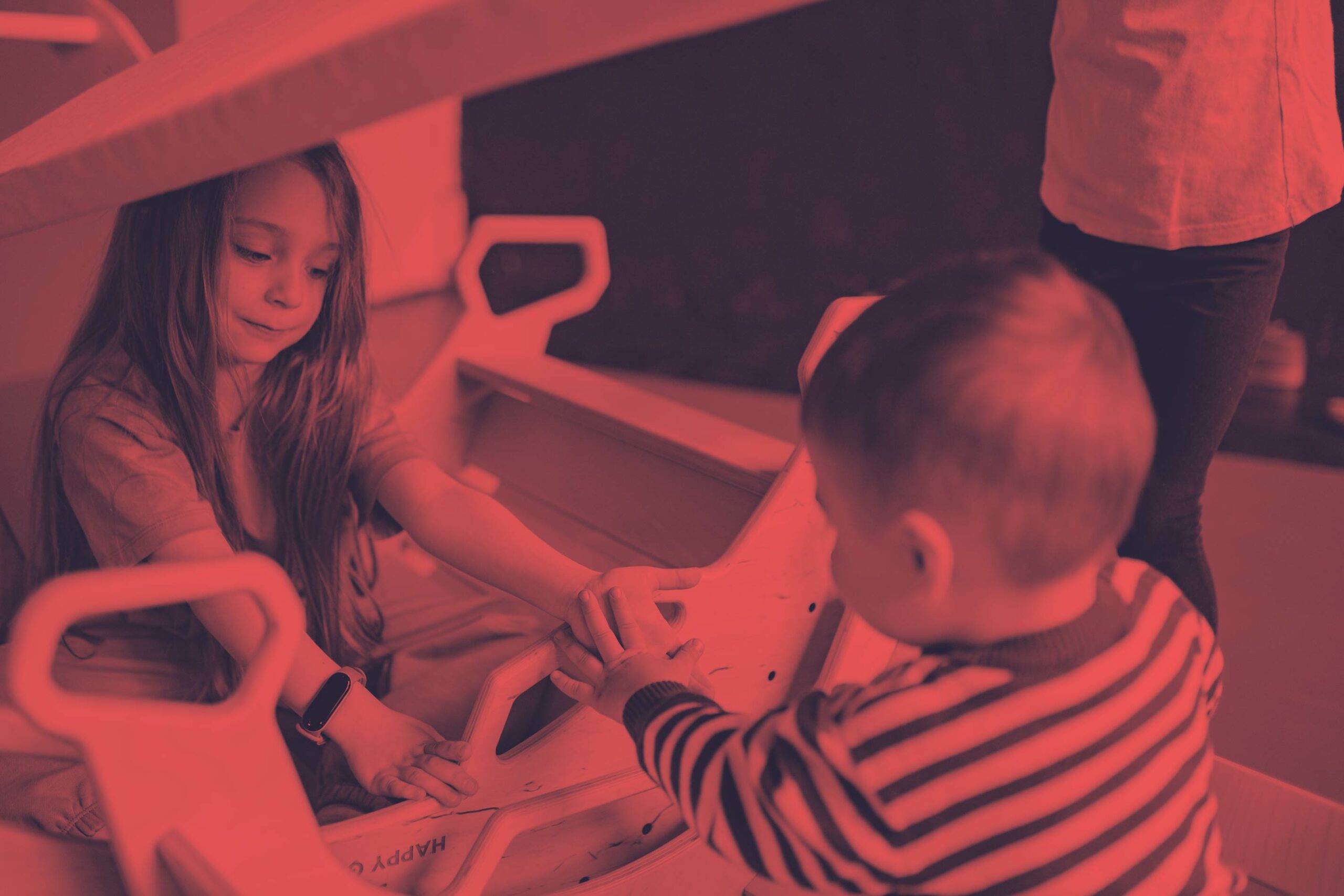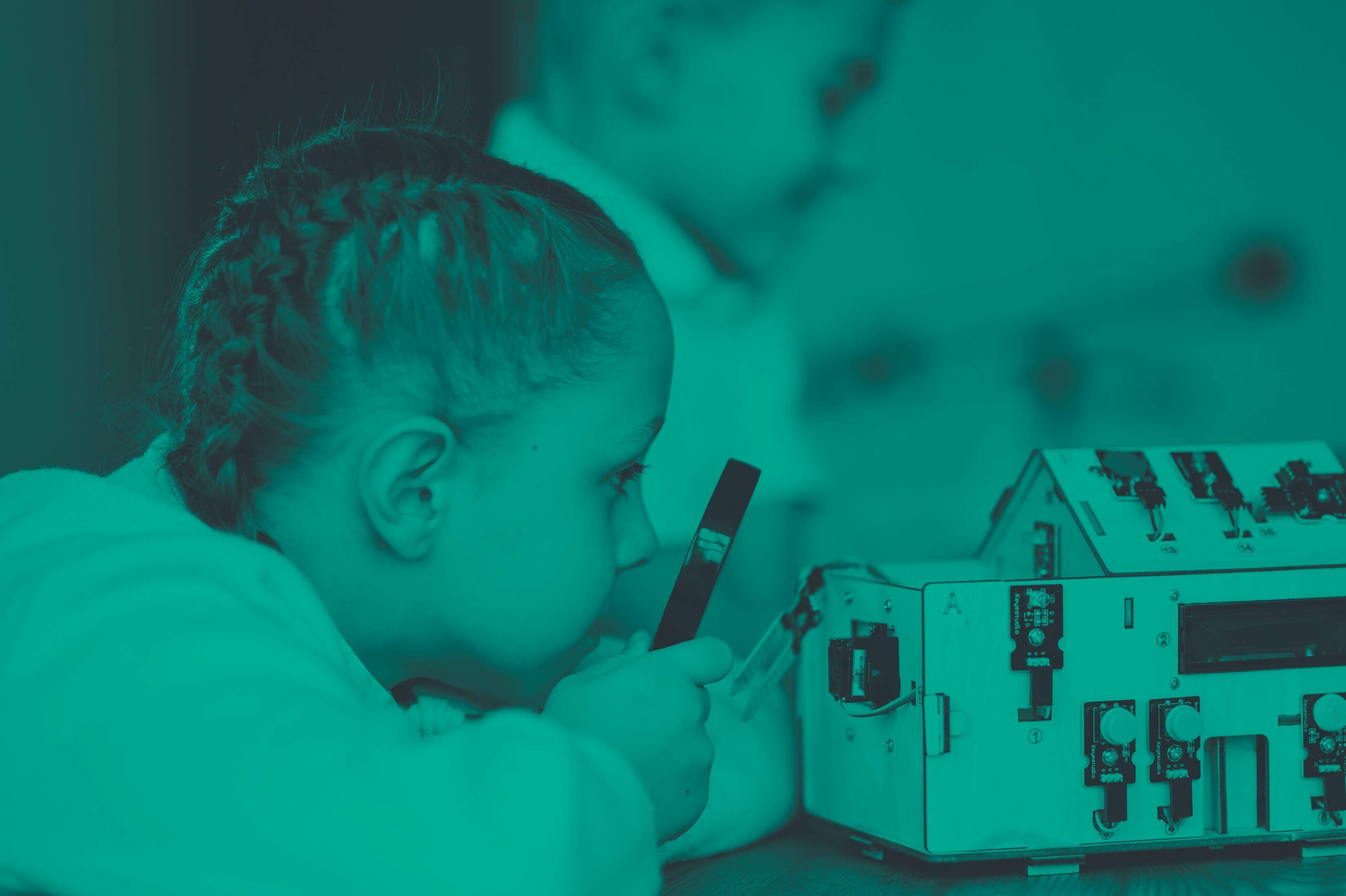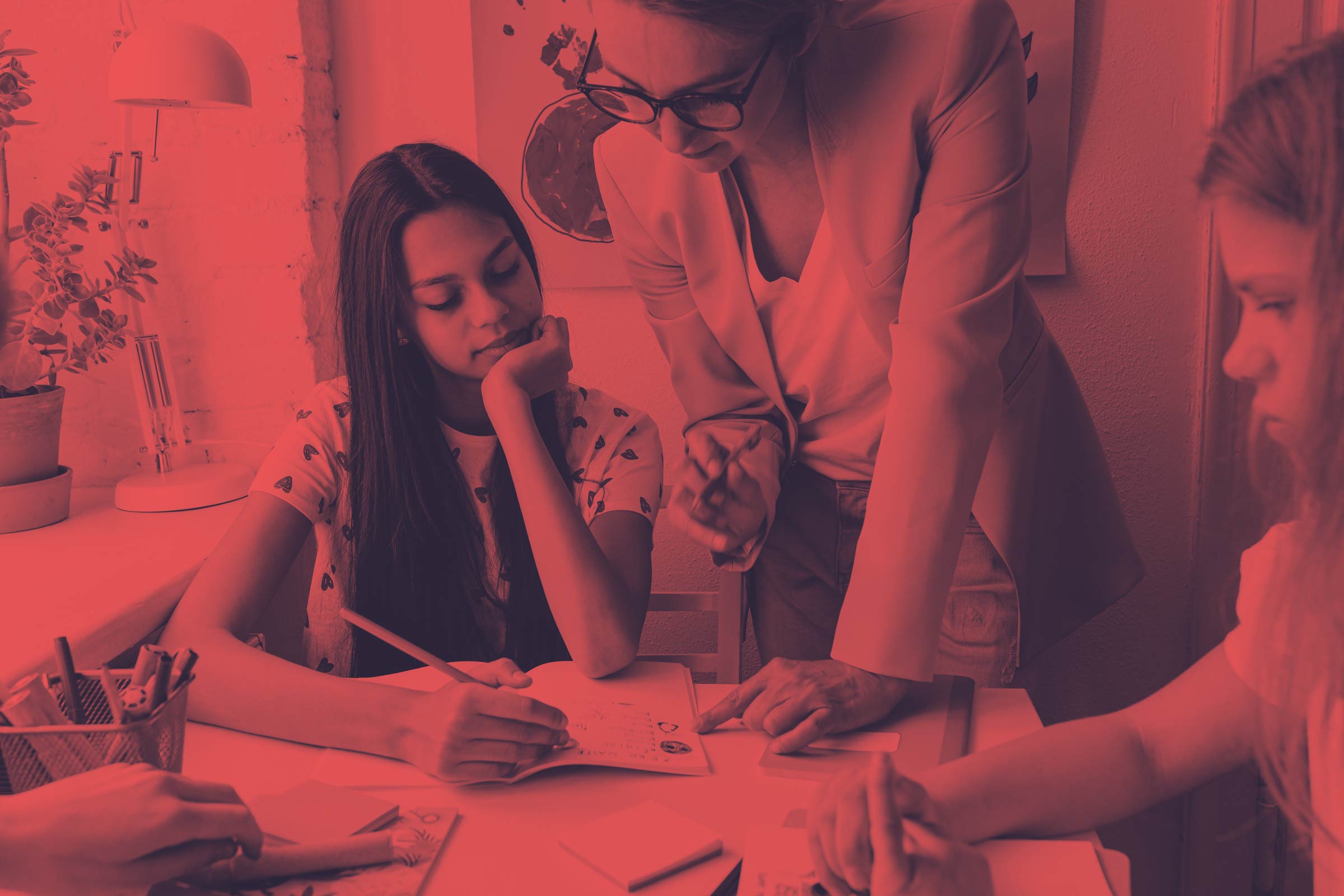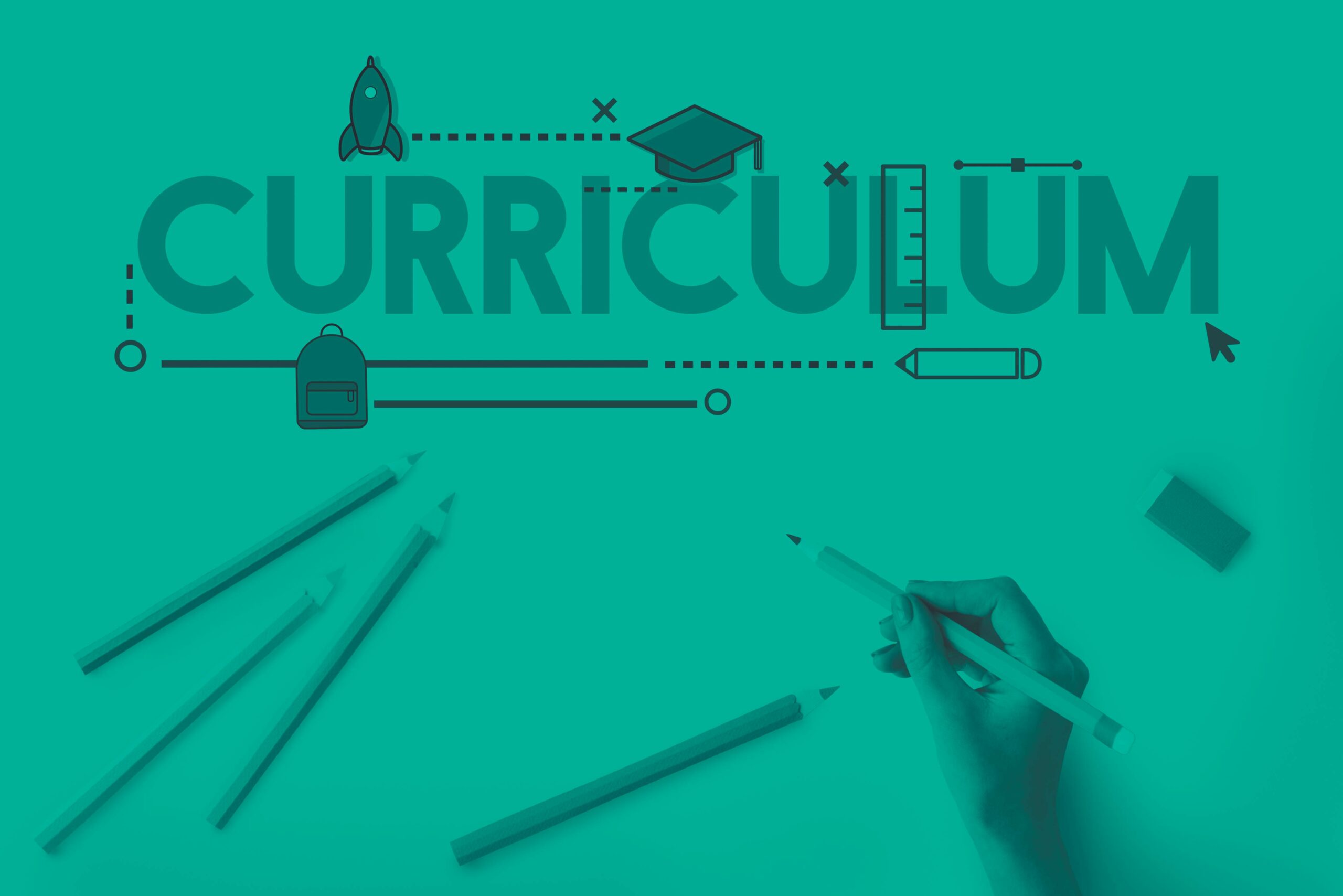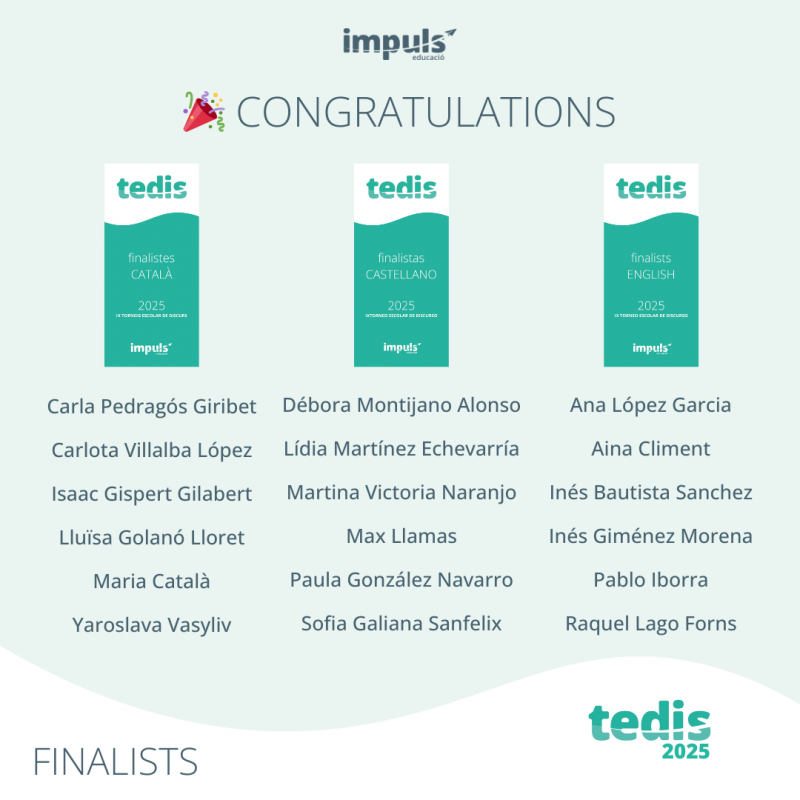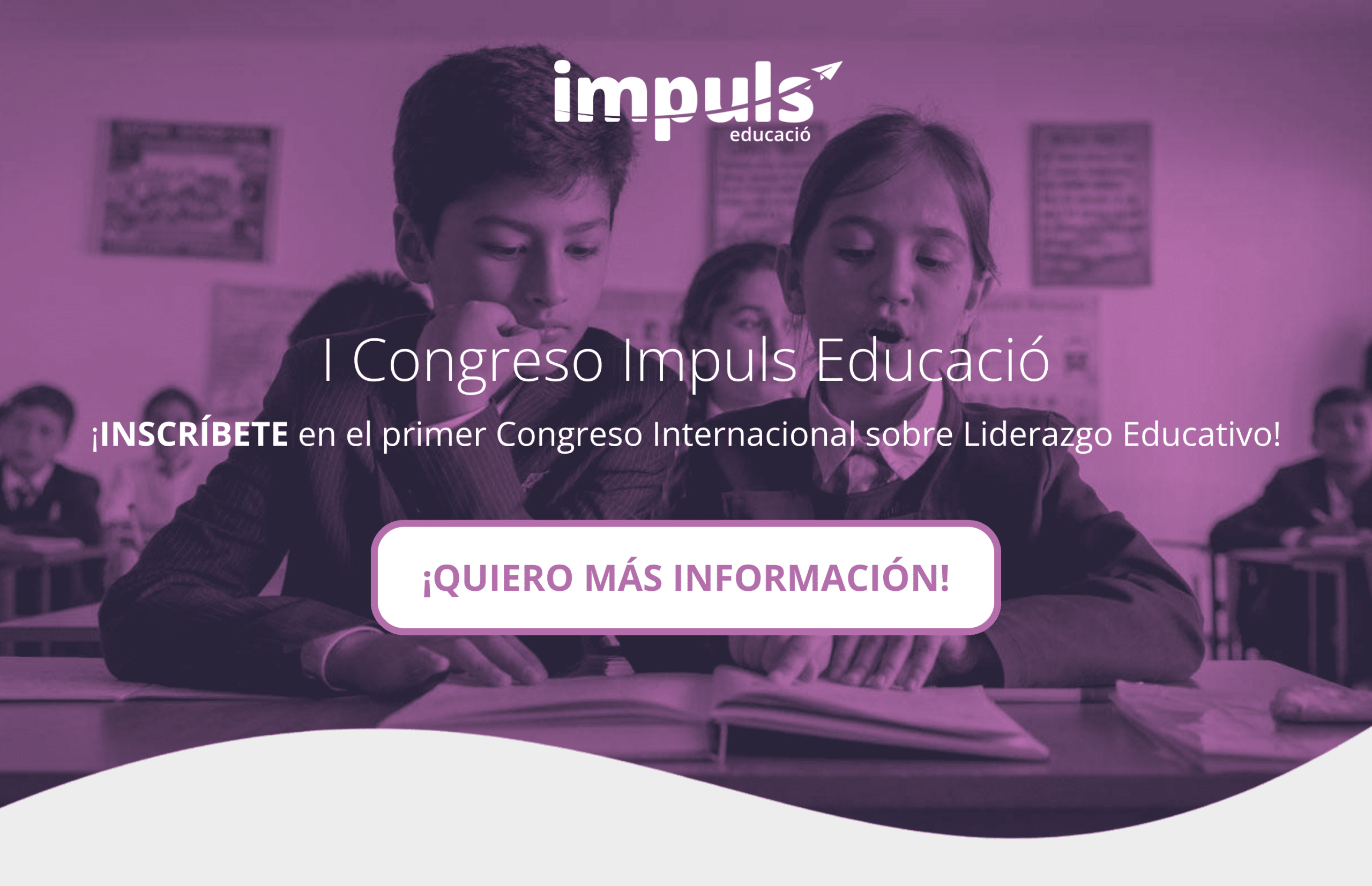State of play Library
World class. How to build a 21st-century school system
Summary: In a world where the kinds of things that are easy to teach and assess have become easier to digitise and automate, it will have to be the imagination, conscience and sense of responsibility of teachers to seize the opportunities that the 21st century offers in shaping a better world. This book looks at good educational practice with the aim of understanding what works in education in your context.
¿Cómo aprendemos?
Summary: The aim of this book is to bring together principles based on scientific evidence about how we learn, to help foster educational practices beyond personal experience. It outlines cognitive mechanisms that govern memory and learning and socio-emotional factors that influence students’ motivation and development. It also details research on key teaching processes such as feedback and assessment and devotes special attention to the self-regulation of learning and its relationship to school and academic success.
The smartest kids in the world and how they got that way
Author: Amanda Ripley, Simon & Schuster 2014
Summary: Ripley analyses and compares the education systems of Finland, South Korea and Poland with the American system. She uses three students as field agents to attend what are considered the best public schools to learn how these systems educate children with great potential. His main discovery is the passion and talent of the teachers.
Creating the schools our children need
Author: Dylan Wiliam, Learning Sciences International 2018
Summary: Research shows that school improvement initiatives are most effective when they are at the district, rather than state, level. While there is no single solution to school improvement that fits all classrooms at all times, there are two aspects that improve the likelihood of success in schools: implementing a curriculum focused on knowledge development and supporting a culture in which every teacher improves. This book outlines a framework for evaluating new district initiatives and a guide for school boards, administrators and pedagogical leaders through a breakdown of why what is being done is not working and shows what we need to do.
La escuela que quiero. En busca del sentido común: pedagogía de altura contada desde el suelo
Author: Mar Romera, Ediciones Destino 2019
Summary: This book is about the society we want to build, about the importance of teachers’ knowledge and about the children’s own perspective. This is the first book that asks the key questions that a family should ask themselves before deciding which school they want for their children and the questions that a teacher should systematically ask themselves about their profession.
Changing education systems. A research-based approach
Author: Melvin Ainscow, Routledge 2017
Summary: In this book we find key information on how to promote equity within education systems. This book presents a series of proposals that form the basis of a research-based approach to system change, explains the role that academic researchers can play, and offers clues on how to overcome local barriers.
Five minds for the future
Author: Howard Gardner, Harvard Business Review Press 2009
Summary: The theorist of multiple intelligences goes further and explores the space of different cognitive abilities. We live in a time of major changes characterised by the acceleration of globalisation, the accumulation of a vast amount of information and the growing hegemony of science and technology. These changes require new ways of learning and thinking in academia, business and the professional world. This book defines the five cognitive capacities that will be most in demand in the coming years: the disciplinary mind, the synthesising mind, the creative mind, the respectful mind and the ethical mind.
Factfulness
Author: Hans Rosling, Planeta 2018
Summary: This book explains why we are more pessimistic than we really should be given the real situation in our world. The author argues that we have ten instincts that distort our vision. From our tendency to divide the world into two camps (us versus them), to the way we consume media information (based on the exploitation of fear), to the way we perceive progress (seeing things as always getting worse). Our problem is that we are unaware of what we don’t know, and even when we are informed, we are driven by unconscious and predictable biases.
Grit: The power of passion and perseverance
Author: Angela Duckworth, Simon + Schuster Inc. 2016
Summary: The author defends the idea that the secret of success is not based on talent or luck, but on certain qualities that must be cultivated. This book includes research results, anecdotes, psychological and neurological studies and real stories of success and failure. The key to success is a mixture of passion, perseverance and courage: grit. This book has revolutionised the cultural and scientific landscape by demonstrating, with scientifically proven studies, that success in life has little to do with intelligence and a lot to do with self-control, perseverance and the ability to get up after a fall.
Mindset. The new psychology of success
Author: Carol Dweck, SRandom House 2006
Summary: This book explains why it is not only our abilities and talents that lead us to success, but how we approach it, whether with a fixed or growth mindset. Dweck reveals how a simple idea about the brain can create a love of learning and resilience that is the basis for great achievement.
Visible learning: a synthesis of over 800 meta-analyses relating to achievement
Author: John Hattie, Routledge 2008
Summary: This book is the result of fifteen years of research and synthesises more than 800 meta-analyses on influences on the achievement of school-age students. It builds a story about the power of teachers, feedback and a model of learning and understanding. This research represents the largest evidence-based investigation of what really works in schools to improve learning. Topics studied include the influence of students, the home, the school, the curriculum, the teacher and teaching strategies. A model of teaching and learning is developed based on the notion of visible teaching and visible learning.
Escuela de aprendices
Author: Marina Garcés, Galaxia Gutenberg 2020
Summary: It vindicates the figure of the learner and his or her learning as a system that interrelates knowledge and non-knowledge in order to confront the inequalities that condition the future. It is not a critique of emerging pedagogical models, but a questioning of those behind the question: how do we want to be educated and to do what?
Humanizar la educación
Summary: The situation that we have experienced as a result of COVID-19 has shown the seams in the education system and has revealed that we are far removed from reality. It has also shown the inflexibility of the curriculum. Life is testing us and what we have to do is to evaluate the system. So, instead of looking for different answers to the same old questions, maybe we should change these questions. We should use these moments to rethink the education we want; one thing is clear and that is that it all starts with education.
Visible Learning: The sequel
Author: John Hattie, Routledge 2023
Summary: This book is an update of “Visible Learning” (2008) defined by “The Times Educational Supplement” as the “Holy Grail of teaching”. In this sequel, John Hattie reveals how “Visible Learning” has been implemented over the years, how it has been understood and misunderstood, as well as the future direction the field of educational research should take. In this edition, Hattie updates his earlier work and highlights the need for teachers to consider assessing the impact of that evidence on student learning in their classrooms.

